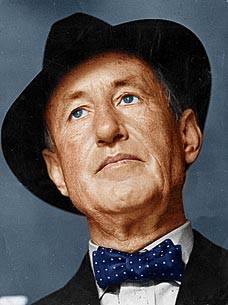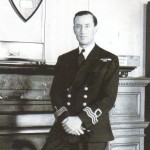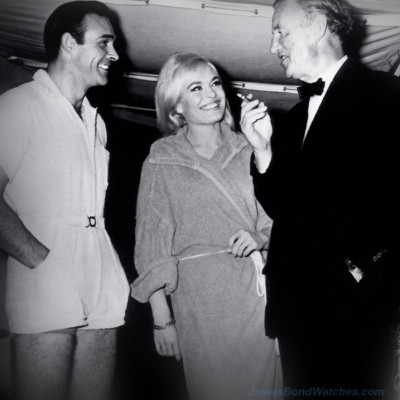 The exciting new biography of James Bond creator Ian Fleming, Ian Fleming: The Complete Man, by Nicholas Shakespeare (Harvill Secker publishers), has won plenty of praise from critics in the UK. Very positive reviews have appeared in The Spectator magazine, the London Evening Standard, The Sunday Times and The Observer.
The exciting new biography of James Bond creator Ian Fleming, Ian Fleming: The Complete Man, by Nicholas Shakespeare (Harvill Secker publishers), has won plenty of praise from critics in the UK. Very positive reviews have appeared in The Spectator magazine, the London Evening Standard, The Sunday Times and The Observer.
In the London Evening Standard newspaper, the new book was reviewed by Ethan Croft, who reflected on how the biography chronicles the decisions and judgments that made Fleming’s spy books best-sellers and spawned the most successful film series in history. For example, things may have been very different had Fleming stuck to his original choice of name for his secret agent: it was going to be ‘James Secretan’. When he read through the first draft of his debut novel Casino Royale, Fleming (thankfully!) changed the name to ‘James Bond’, a name he felt was more sturdy, memorable and ageless.
But the story of the Bond novels only kicks off halfway through this 800-page epic book, because Fleming only wrote novels for the final 12 years of his life. Prior to starting his career as a novelist, Fleming’s life was full of ups-and-downs, intrigue and colourful events. As the Evening Standard noted: ‘Drawing on new research in the Fleming archives, this biography is a must-read for committed fans’.
In the Sunday Times, the historian and journalist Max Hastings reminded readers that Ian Fleming was the most globally influential British writer of the 20th century. Wherever one goes, the entire population seems familiar with James Bond. Yet 007’s creator spent the first 44 years of his life ‘amassing a remarkable record of failures’ – Fleming left Eton school prematurely, fled from Sandhurst military academy, messed up his Foreign Office entrance exams, and became an unhappy stockbroker. He appeared to be unable to stick at anything, but seems to have found a real sense of purpose when he was recruited to Naval Intelligence in 1939: ‘Shakespeare convincingly shows that Fleming, like many romantics and adventurers, found a personal fulfilment in wartime’.
In Hastings’s estimation, Nicholas Shakespeare ‘has compiled a monumental record of Fleming’s life: every lover, friendship and (almost) round of golf. The completeness of the book is beyond doubt, although its subject was a heroically incomplete human being’.

In The Observer, a review by Anthony Cummins calls the book ‘an elegant biography’ and notes that Shakespeare has gone to great lengths to dispel the idea that Fleming’s wartime service was just ‘in-trays, out-trays and ashtrays’. Indeed, the new biography’s first half puts Fleming at the heart of military and journalistic history, whether it was his creation of the special 30AU commando unit that hunted down Nazi secrets in the later half of the war or the race to get a newspaper scoop on the Cambridge spies Burgess and Maclean who had defected to the Soviet Union in the 1950s.
Possibly one of the biggest revelations contained in Shakespeare’s new biography comes near the end of the book, when he reveals how a friend of the family discovered a new unfinished James Bond story by Fleming in son Caspar Fleming’s belongings; when the friend showed this to Fleming’s wife, Ann, she threw it on the fire. This will have Fleming aficionados squirming with frustration, intrigued by a Bond story that was lost forever. Another aspect to Ian Fleming’s life was his ill-health, which eventually led to a fatal heart-attack at the relatively young age of 56. There are some now famous photos of Fleming visiting the set of the new James Bond movie Goldfinger in 1964, and chatting to Sean Connery and Shirley Eaton. Tragically, the Bond author did not live to see the finished movie, which we suspect he would have loved.
Published on 5th October, 2023, the JBIFC believes Ian Fleming: The Complete Man is a major contribution to the world of Ian Fleming and James Bond studies. Live and let buy!

